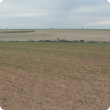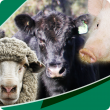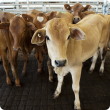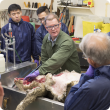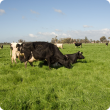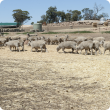Filter by regions:
- (-) Remove Gascoyne filter Gascoyne
- (-) Remove Wheatbelt filter Wheatbelt
- Great Southern (172) Apply Great Southern filter
- Peel (172) Apply Peel filter
- South West (172) Apply South West filter
- Goldfields-Esperance (170) Apply Goldfields-Esperance filter
- Mid West (170) Apply Mid West filter
- Pilbara (153) Apply Pilbara filter
- Kimberley (150) Apply Kimberley filter
- Perth regions (146) Apply Perth regions filter

